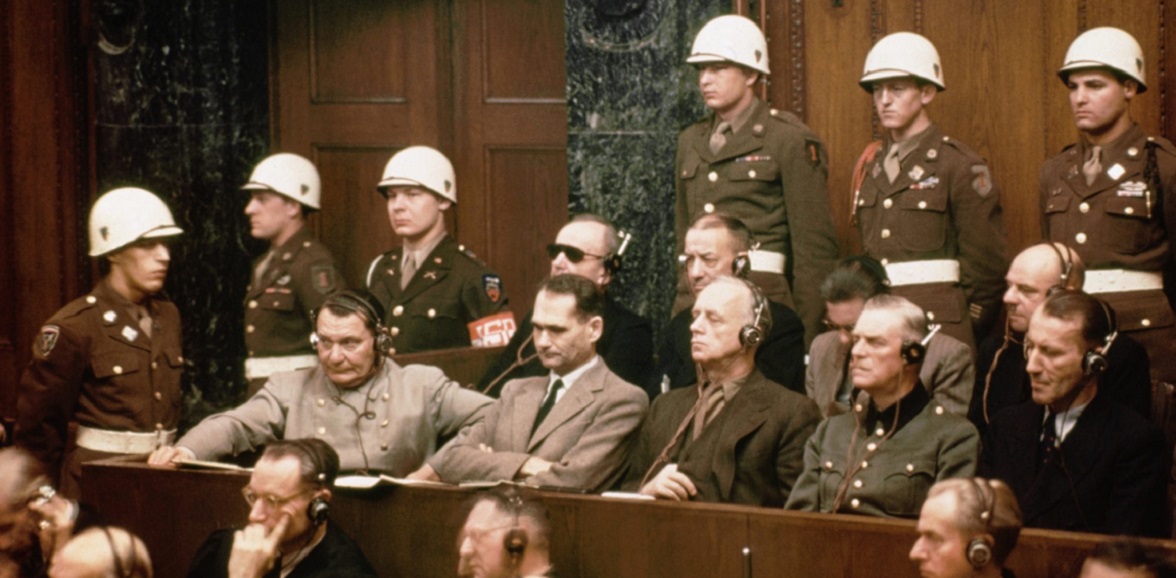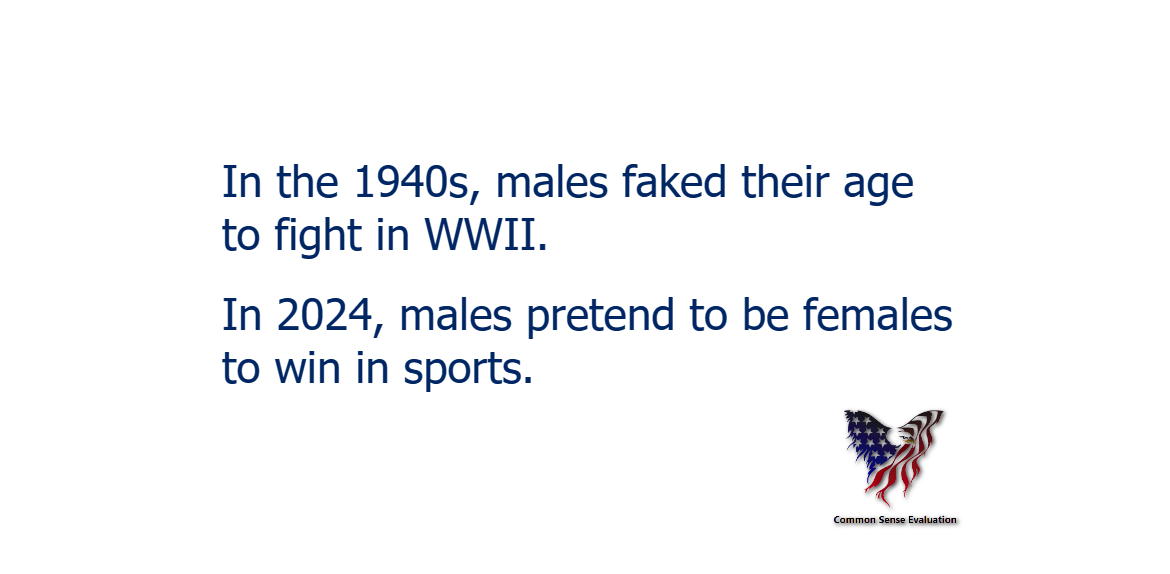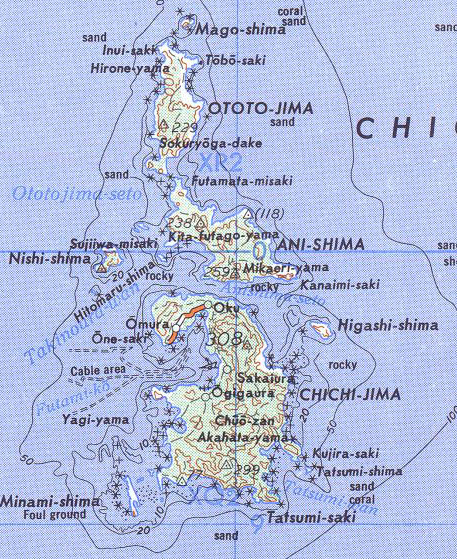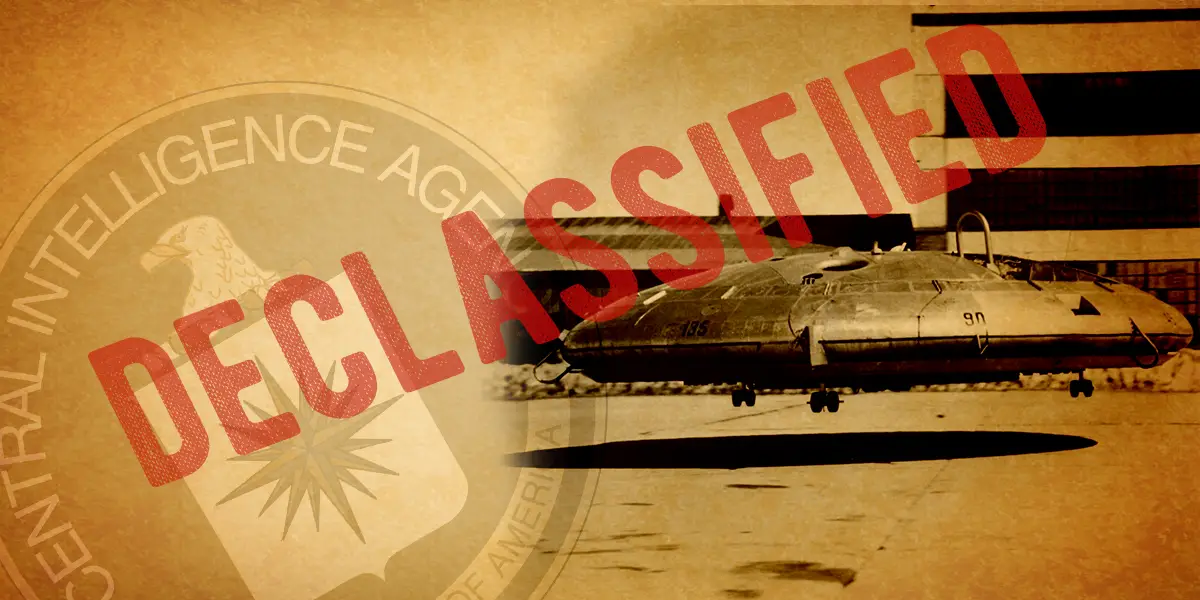In the wake of World War II, the world watched as the Nuremberg Trials unfolded, bringing to justice some of the highest-ranking Nazis for their heinous crimes. While the primary focus was on their war crimes and atrocities, there were some truly bizarre and bewildering moments during the trials. Shockingly, a few of these prominent Nazis made peculiar statements about extraterrestrial beings and their plans for a future alien invasion. In this article, we delve into the strange, often overlooked, and strange testimonies that emerged during the Nuremberg Trials, shedding light on these unsettling claims.
The Unlikely Setting
Nuremberg, Germany, 1945-1946: A city still reeling from the devastation of the war. The Nuremberg Trials were held to prosecute Nazi leaders for their roles in crimes against humanity, war crimes, and genocide. The world’s attention was squarely on the courtroom, but within its confines, unexpected and bewildering statements would emerge.
The Cosmic Claims
Amidst the grim and serious proceedings of the trials, a few high-ranking Nazis began to make inexplicable statements about their interactions with extraterrestrial beings. These claims ranged from meetings with beings from distant planets to bizarre plans for an alien invasion.
The Testimonies
Reinhard Heydrich: The Interstellar Diplomat
Reinhard Heydrich, one of the principal architects of the Holocaust, shocked the courtroom when he claimed to have had diplomatic exchanges with beings from another world. He described these beings as tall, luminous figures who communicated through telepathy. Heydrich’s testimony left many wondering if his claims were the product of a troubled mind or something more.
Heinrich Himmler: The Alien Alliances
Heinrich Himmler, the sinister head of the SS, went a step further by suggesting that the Nazis had formed alliances with extraterrestrial civilizations. He hinted at a hidden agenda involving advanced technology and collaboration with these beings for a future invasion of Earth. Himmler’s statements were met with skepticism, but they raised uncomfortable questions about the extent of Nazi delusions.
Hermann Göring: The Cosmic Conspirator
Hermann Göring, one of Hitler’s closest confidants, made cryptic references to a “cosmic conspiracy” involving extraterrestrial forces. He hinted at secret knowledge about the impending arrival of alien fleets and a plan to unite with them to establish a new world order. Göring’s bizarre claims left everyone puzzled.
The Psychological Angle
Psychiatrists and psychologists were called in to evaluate the mental state of these high-ranking Nazis. They proposed theories ranging from delusions induced by guilt to attempts at portraying themselves as insane to avoid conviction. Yet, the depth of their testimonies and the consistency of their claims left room for doubt.
The Dismissal
The Nuremberg Tribunal ultimately dismissed these otherworldly claims as either desperate attempts to evade justice or the ramblings of disturbed individuals. The focus remained on the war crimes and genocide committed by the Nazis, and the extraterrestrial assertions were largely disregarded.
The Unanswered Questions
Decades later, questions about the Nazi’s bizarre claims still linger. Were they truly insane, trying to manipulate the trials, or hinting at something more profound and sinister? The lack of concrete evidence and the passage of time have made it impossible to unravel the truth behind these enigmatic testimonies.
The Legacy
The Nuremberg Trials remain a pivotal moment in history, showcasing the world’s commitment to justice and accountability. The strange claims about extraterrestrial contact and invasion plans, while ultimately dismissed, serve as a reminder of the depth of Nazi ideology and the mysteries that still surround that dark period.
Closing Thoughts
The Nuremberg Trials will forever be remembered for bringing some of the most notorious Nazis to justice. Yet, buried within the solemn proceedings were the baffling claims of high-ranking Nazis about contact with extraterrestrial beings and plans for a future alien invasion. Whether these statements were the product of delusion or had a deeper, hidden meaning remains a haunting mystery that continues to captivate the imagination. While the Nuremberg Trials served to address the atrocities of the past, the enigmatic testimonies of these Nazis remind us that some secrets may remain buried forever.




